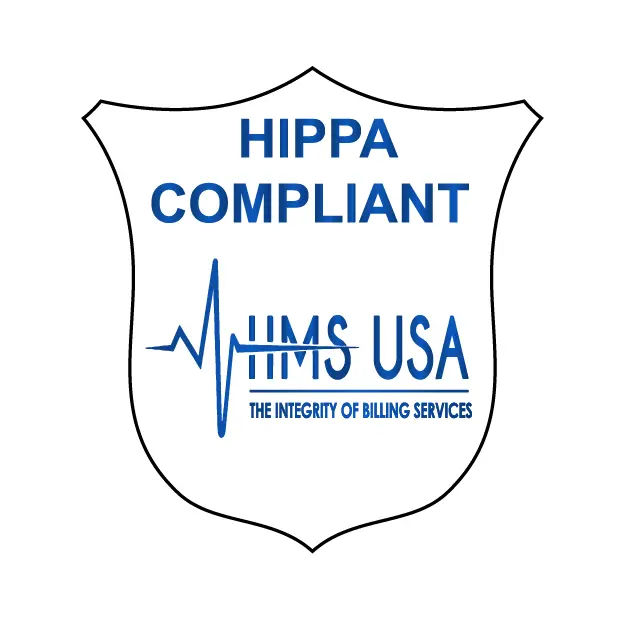
A Thorough Guide to Pre Op Clearance ICD 10 Coding
Preparing for surgery goes beyond scheduling. You need to be ready to face treatment with confidence and ease. Here comes pre-op clearance—your personalized route to surgical success. Imagine a complete pre-surgery health checkup. Pre op clearance ICD 10 includes a medical history, testing, and specialist consultations.
Ultimate goal? To identify health issues before they hinder your recovery. Let’s review how this vital process prepares you for a safer, easier surgery and gives you the peace of mind you deserve.
Understanding ICD-10
ICD-10 is a comprehensive system for classifying and coding diseases, ailments, injuries, and treatments. ICD-10, developed by the WHO, standardized health data collection and reporting worldwide.
It gives alphanumeric numbers for clinical diagnosis, symptoms, and procedures. Medical coding, billing, epidemiological analysis, and healthcare planning use ICD-10 coding.
Importance of Accurate ICD-10 Coding
Healthcare documentation and billing, including pre-op clearance, require accurate ICD-10 coding. ICD-10 codes help healthcare providers, insurers, researchers, and policymakers communicate by standardizing diseases, disorders, and procedures.
Good coding ensures that medical records accurately describe patients’ diagnoses and procedures for care coordination, quality assessment, reimbursement, and statistical analysis. In pre-op clearance, precise ICD-10 coding helps communicate the patient’s health state, comorbidities, and procedural needs, facilitating clinical decision-making and resource allocation.
Why Is ICD-10 Coding Required for Pre-Op Clearance?
Accurate ICD-10 classification is crucial for pre-op clearance for various reasons. First, it helps healthcare personnel correctly capture patients’ medical problems, comorbidities, and circumstances that may affect surgery or anesthesia. This information is essential for determining perioperative risk and planning pre-surgery health measures.
Healthcare institutions can effectively charge for pre-op clearance services and secure payer reimbursement with exact ICD-10 coding.
Commonly Used codes for Pre Op Clearance ICD 10
- Z01.810 Encounter for preprocedural cardiovascular examination
- Z01.812 Preprocedural lab visit
- Z01.818 Other preprocedural exams
- Z01.89 Other special exams
- Z02.6 Long-term care admission exams
How to Navigate Pre Op Clearance ICD 10
Finding pre-op clearance codes in the enormous ICD-10 database might be difficult. Below we are going to explain how to efficiently find and choose pre op clearance ICD 10 codes. Documenting pre-op clearance services requires accurate ICD-10 coding. View for more details about billing and coding services.
Pre Op Clearance ICD 10 Coding Issues and Solutions
Complex medical histories and comorbidities make pre-op clearance coding difficult. This section addresses frequent ICD-10 coding problems for pre-op clearance and offers solutions including documentation templates and coding tools.
Coding Streamlining Tools
Streamlining coding improves pre-op clearance documentation accuracy and efficiency. This area provides coding software, reference manuals, and instructional materials to help healthcare providers navigate ICD-10 coding for pre-op clearance.
Best Practices for Pre Op Clearance ICD 10 Coding

Documentation Guidelines
Pre op clearance ICD 10 coding requires extensive documentation. Healthcare practitioners should accurately record the patient’s medical history, comorbidities, and procedure needs in the medical record.
Pre-procedural examinations, laboratory testing, specialist consultations, and other relevant information are included. Clear and complete documentation supports correct ICD-10 coding, healthcare team communication, and patient continuity.
Collaboration Between Physicians and Administrators
Coders, physicians, and administrators must work together for pre-op clearance ICD-10 coding. Physicians must accurately document patients’ health and procedural needs. Coders convert clinical data into ICD-10 codes for invoicing and reimbursement. Administrators review coding to ensure compliance with norms and regulations. Healthcare organizations can improve pre-op clearance documentation, coding accuracy, and efficiency by communicating and collaborating with these stakeholders.
Regular Coding Staff Updates and Training
Coders must continue their education and training to stay current on coding revisions, rules, and best practices in healthcare. Coding personnel improve their skills, knowledge, and adaptability to changing legislation and technology through regular training, workshops, and ongoing education.
Healthcare organizations can maintain current, accurate, and regulatory-compliant coding methods by investing in coding staff professional development.
Conclusion
Correct ICD-10 coding is necessary for pre-op clearance documentation of patients’ medical conditions, comorbidities, and procedural needs and communication with the healthcare team.
Effective communication, care coordination, reimbursement, and quality assessment depend on precise ICD-10 coding. Best practices in pre-op clearance ICD-10 coding can increase coding accuracy, expedite documentation, and improve patient care and results.
Coders must stay current in their professional growth as healthcare coding evolves. To maintain pre-op clearance documentation accuracy and integrity, coding professionals should seek continued education and training, stay current about code updates and best practices, and collaborate closely with healthcare providers and administrators. We can improve coding and patient care together.
FAQs
Patients undergo a thorough health check before surgery to guarantee optimal health. It requires medical history, physical exams, diagnostics, and specialist consultation.
Pre-op clearance identifies health concerns or risk factors that could affect surgery outcomes or offer dangers during anesthesia and surgery. The goal is to improve patient health and reduce treatment complications.
Depending on the patient’s health and surgery, pre-op clearance may include a medical history review, physical exam, laboratory tests (such as blood work and imaging investigations), and consultations with cardiologists or pulmonologists.
Pre-op clearance is suggested for all surgery patients, especially those with a history of serious health issues. It helps patients prepare for the treatment and reduces risks.
Patients can relax knowing their health has been checked before surgery with pre-op clearance. It enhances surgical results, reduces complications, and enhances patient comfort and safety during surgery and recovery.











